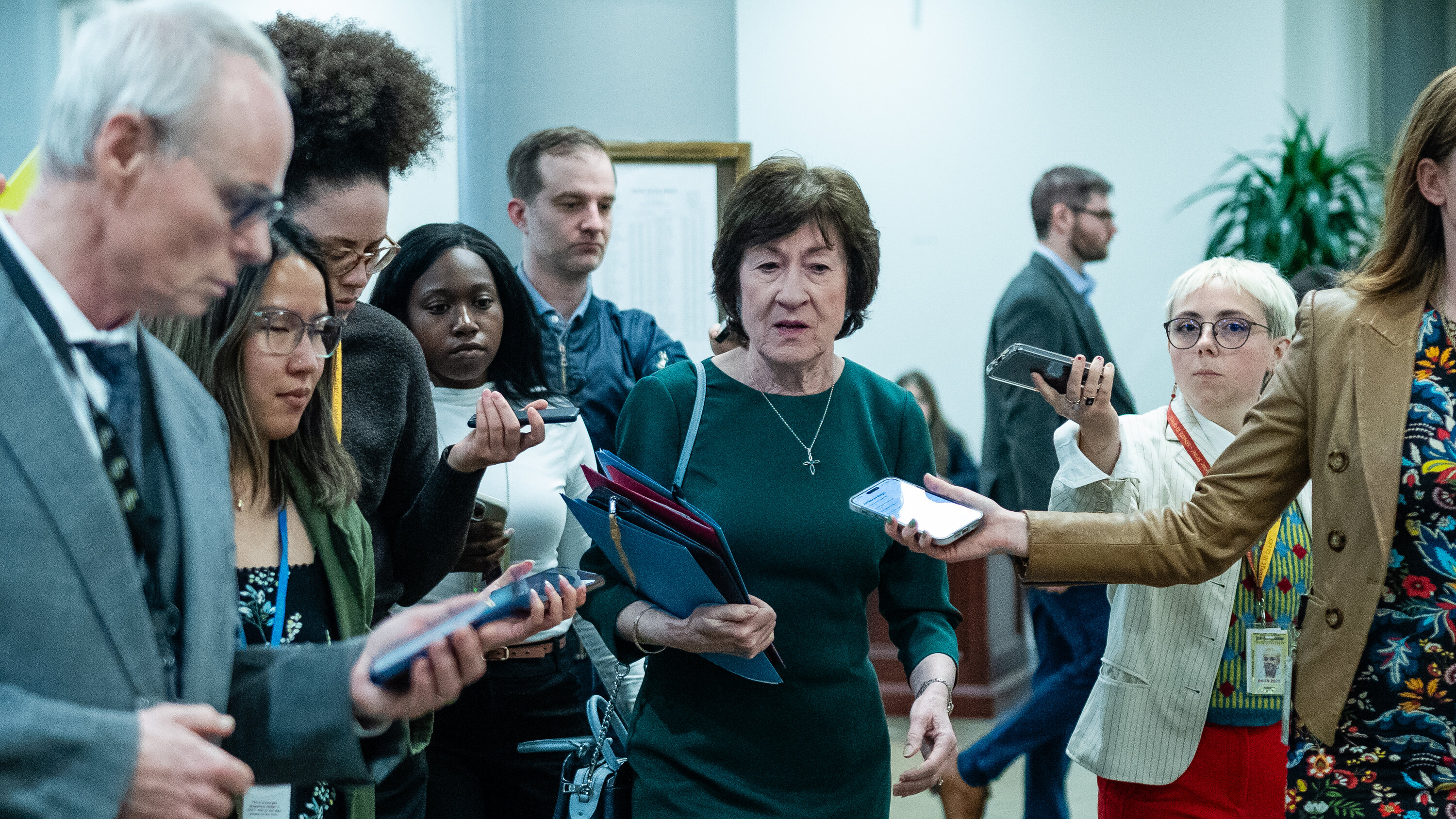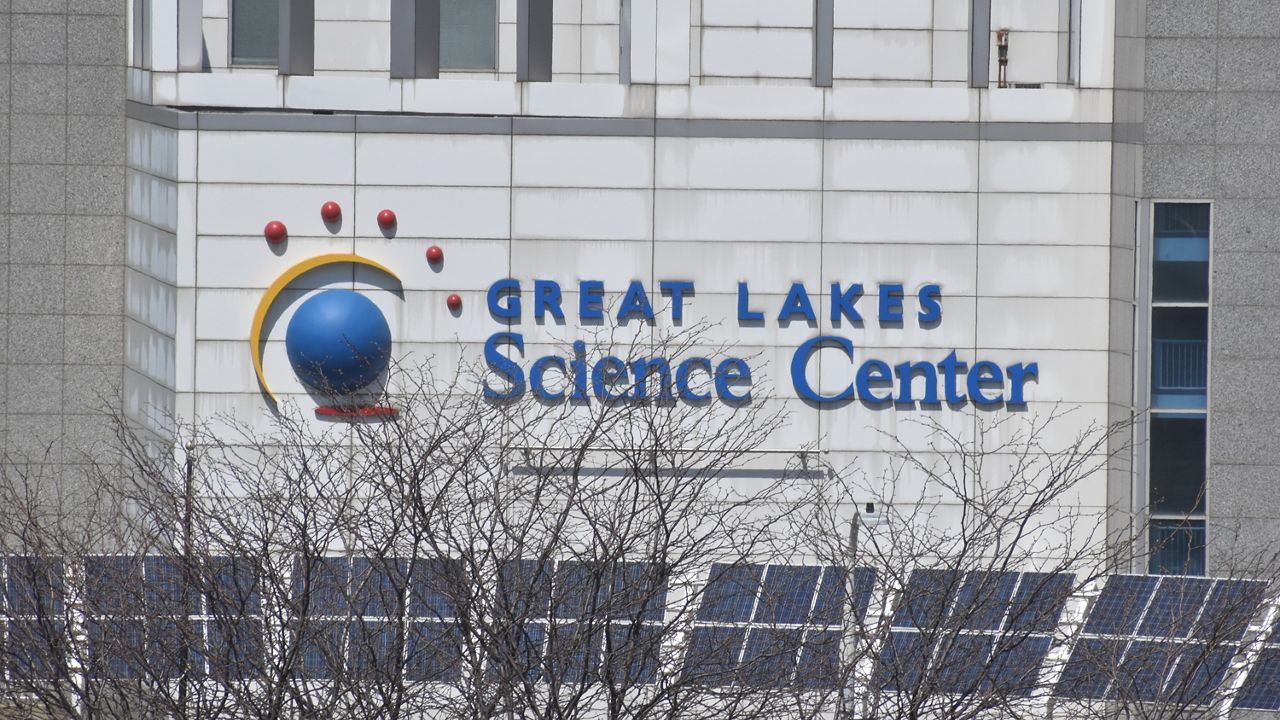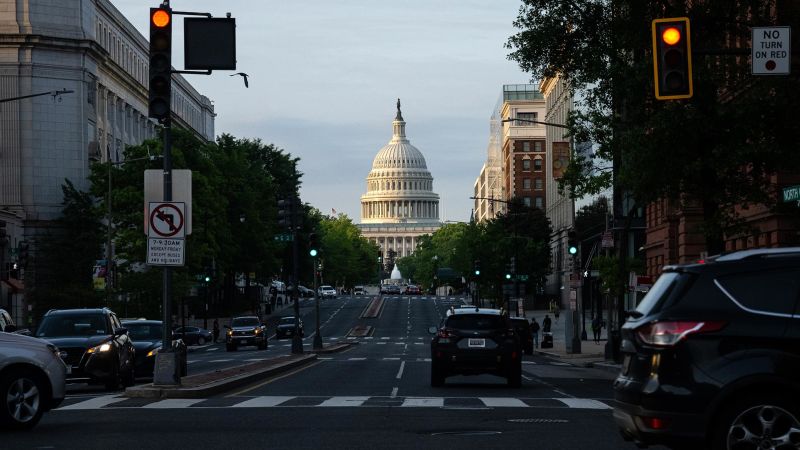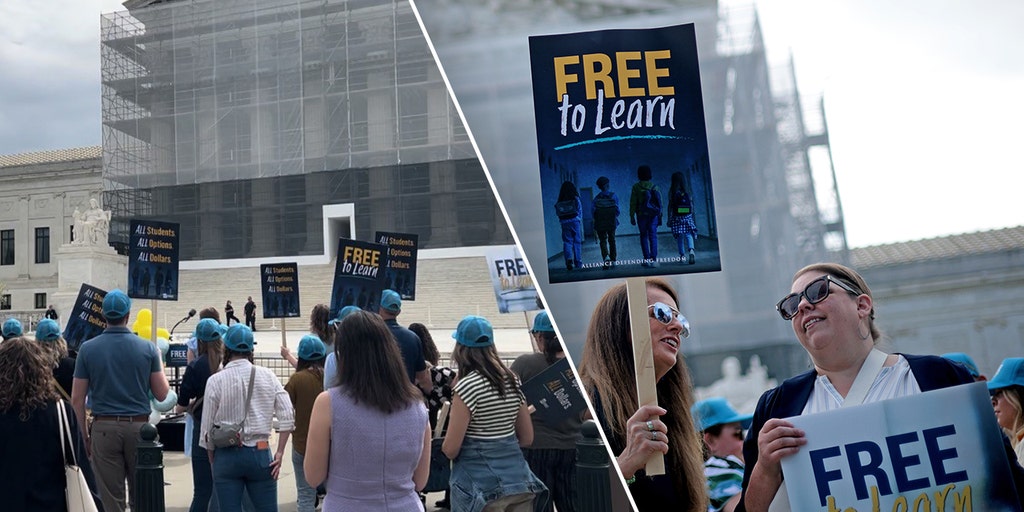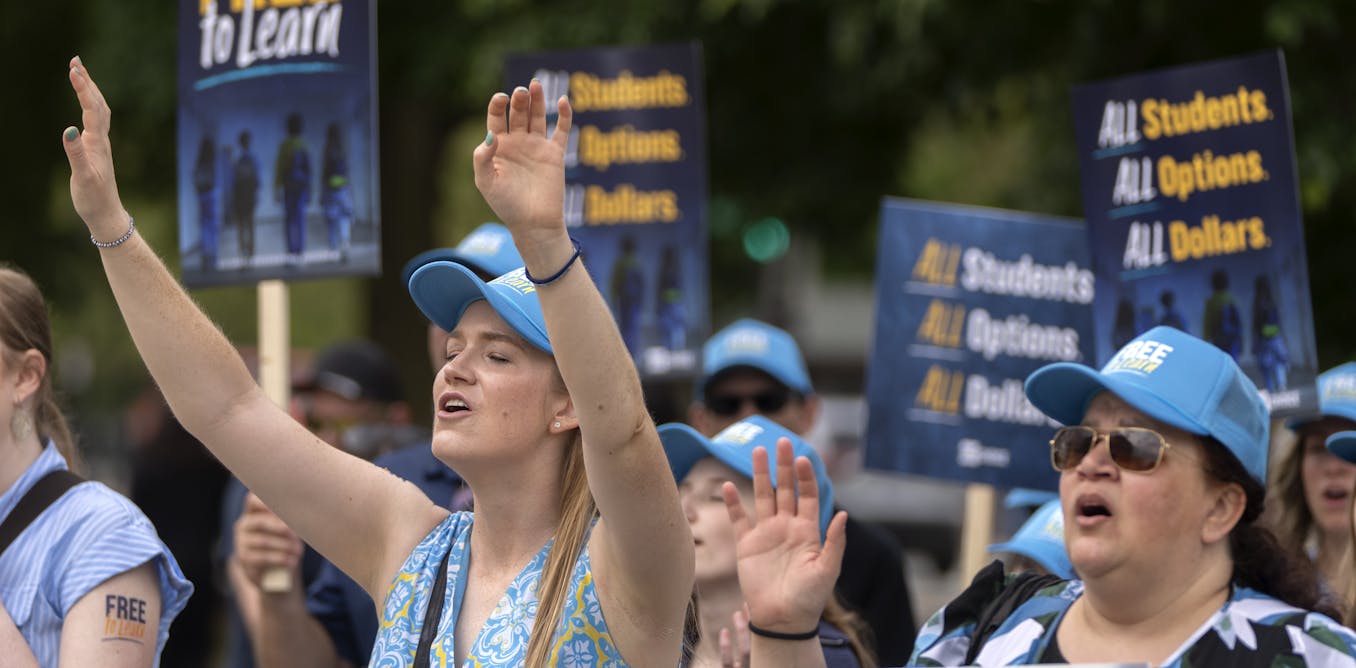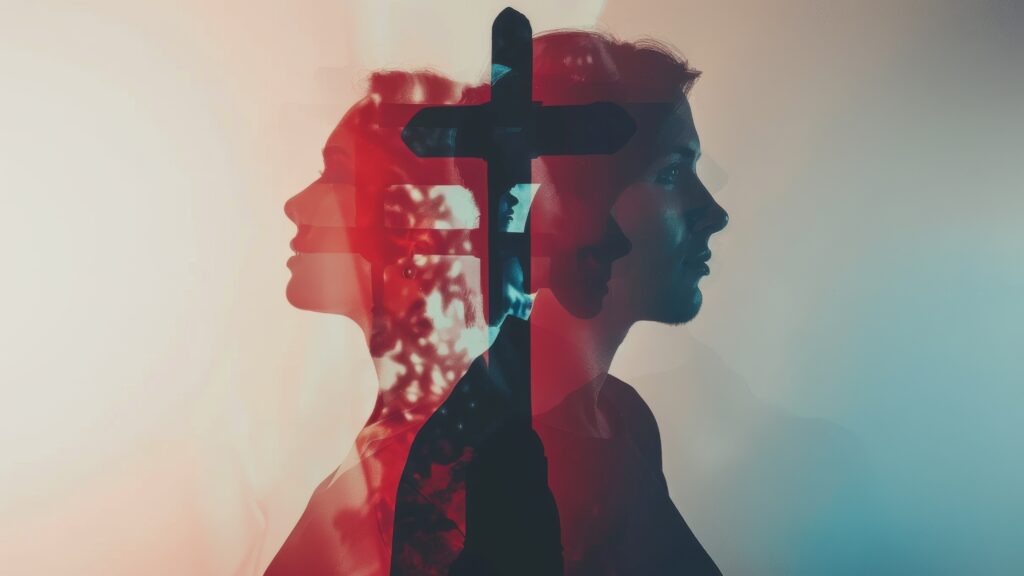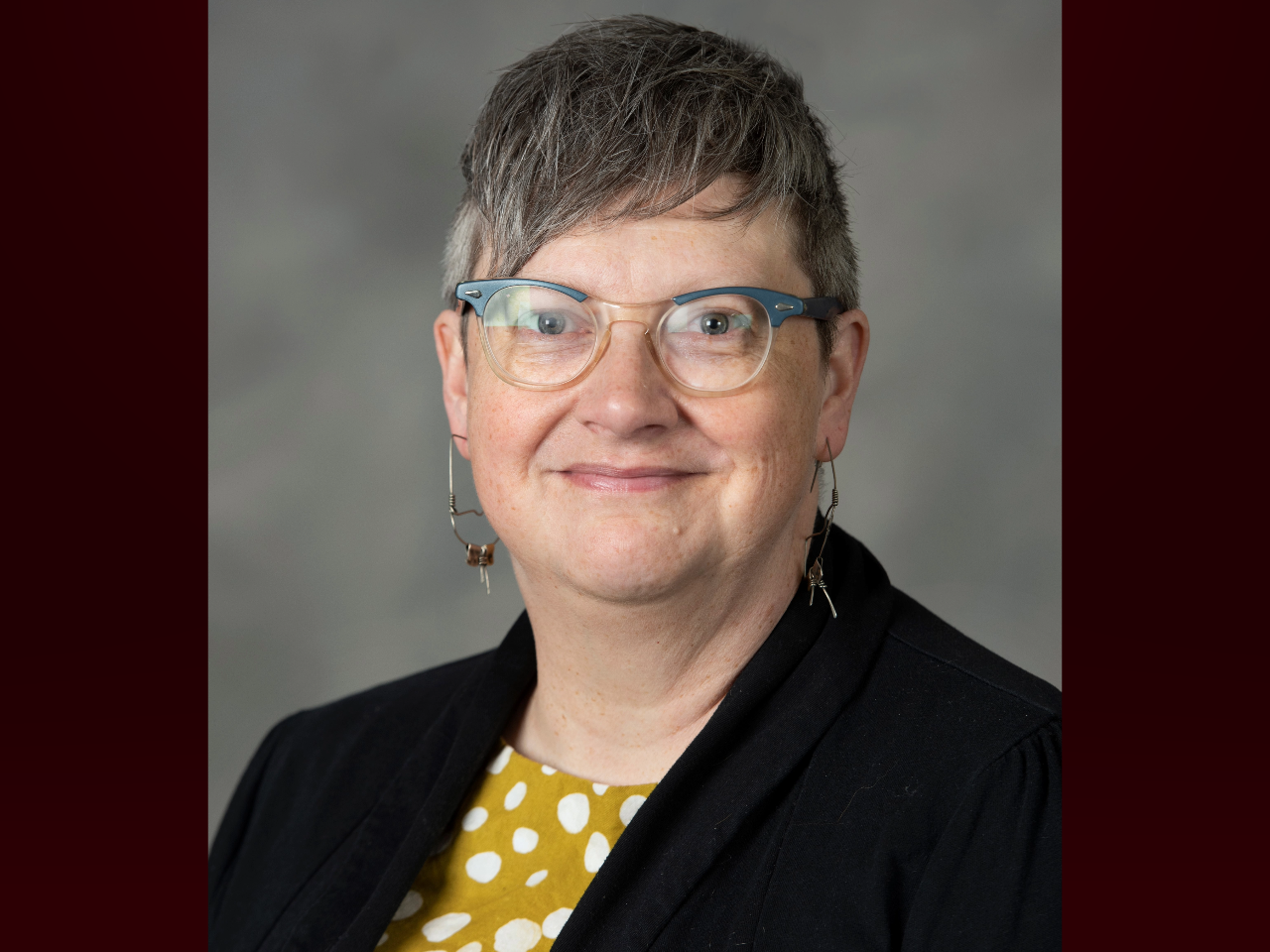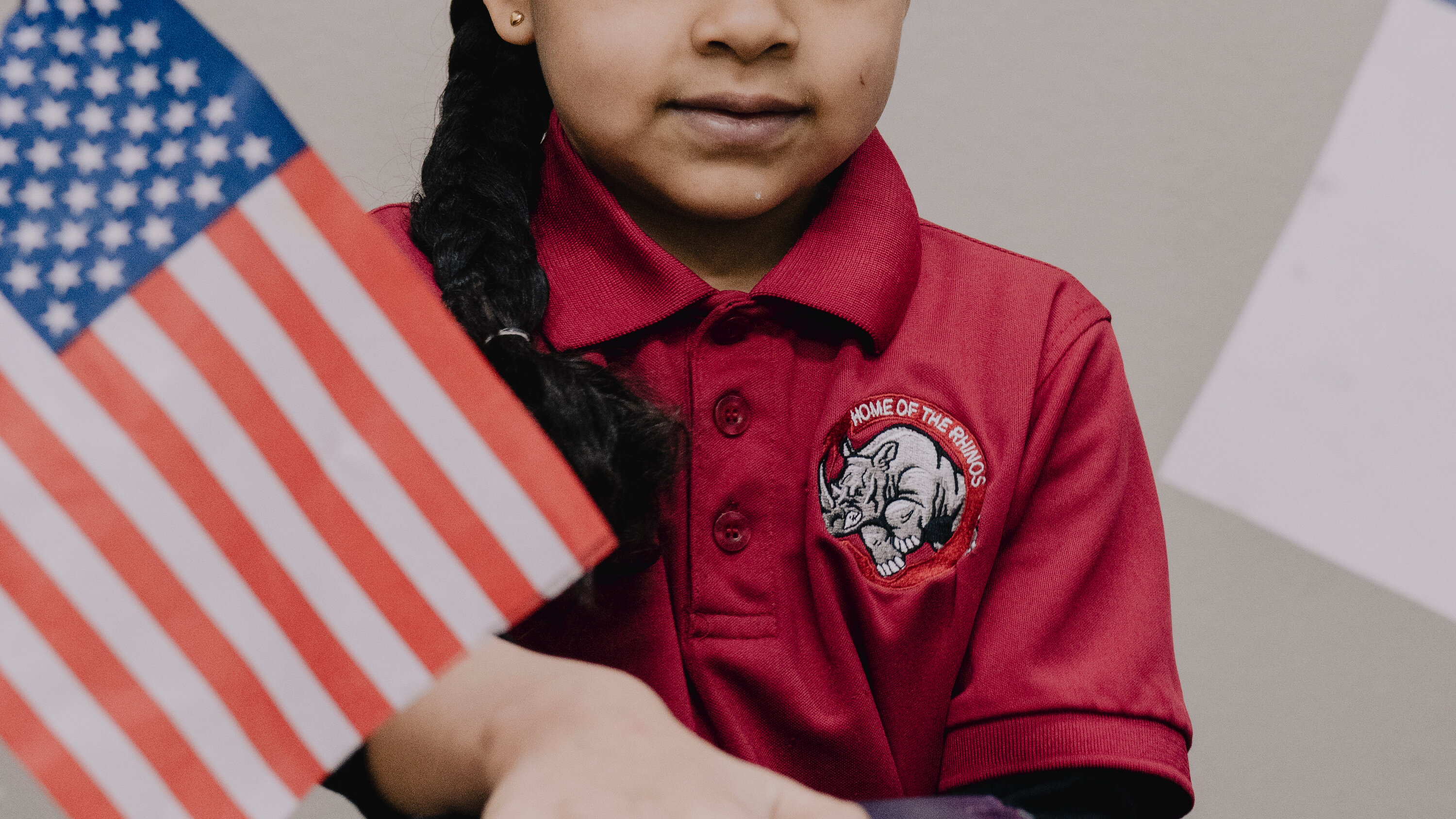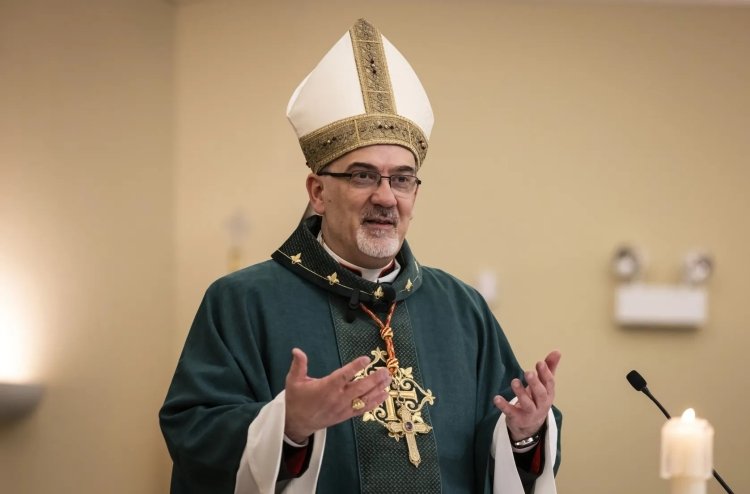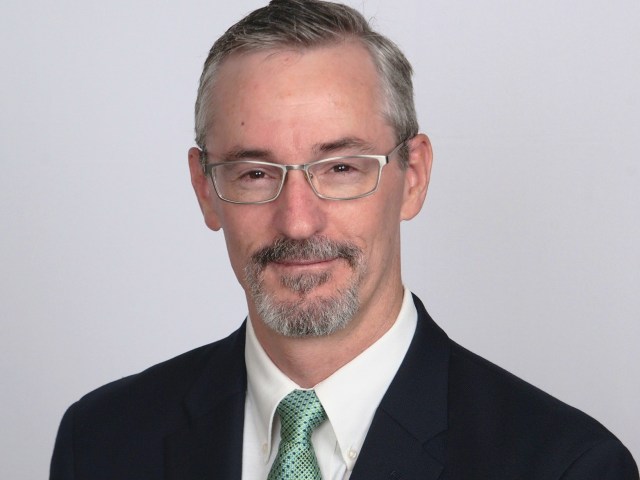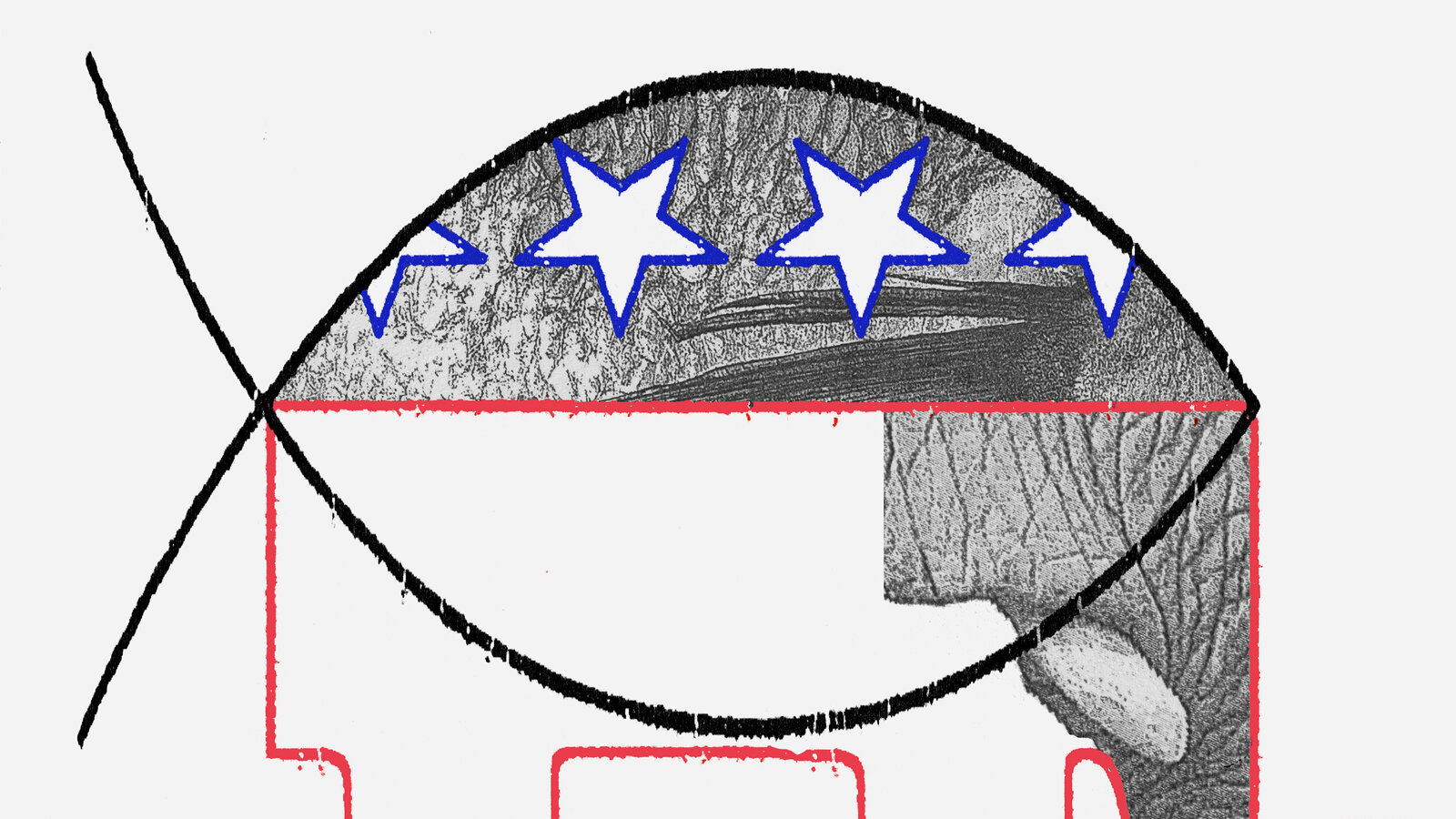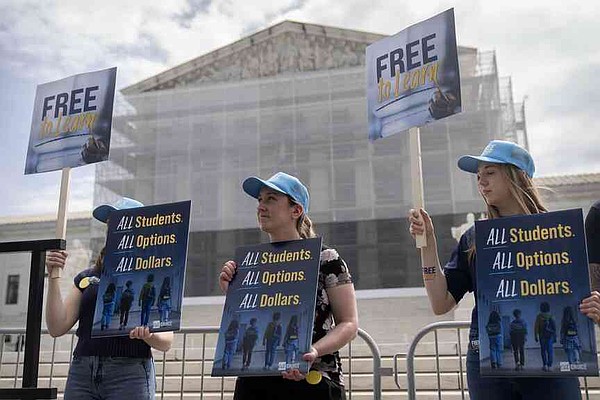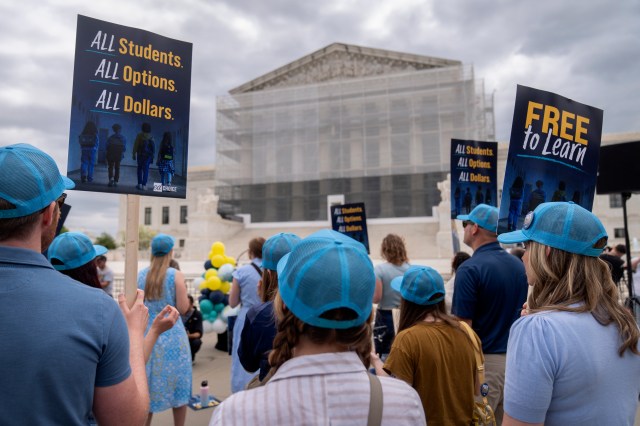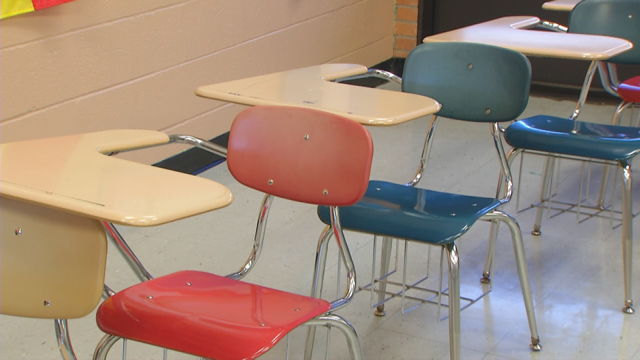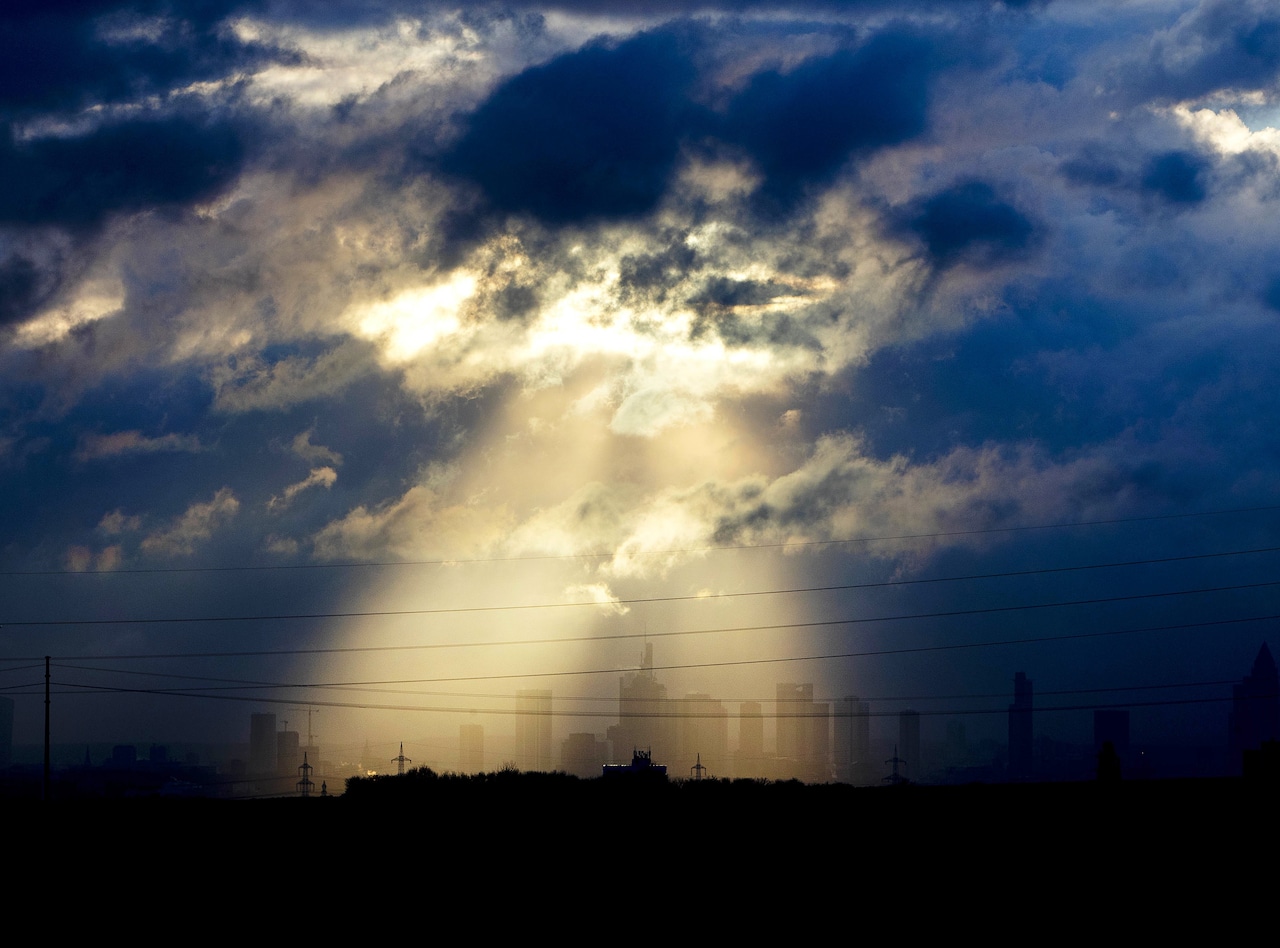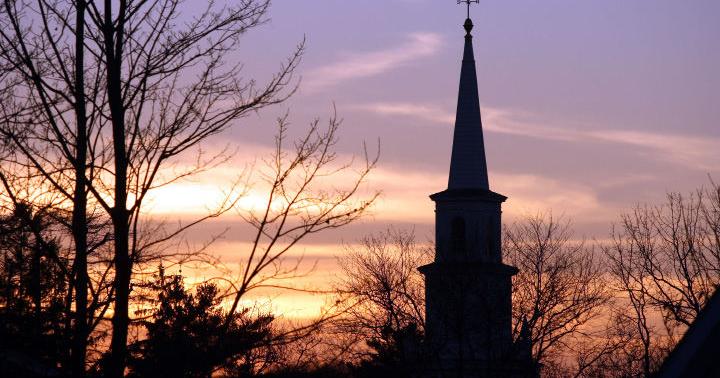Alabama Lawmakers: Invoking Christ's Name While Contradicting His Message
In the heart of Alabama's legislative chambers, a troubling paradox unfolds. Lawmakers frequently invoke the name of Christ, brandishing religious rhetoric like a political weapon, while simultaneously crafting policies that stand in stark contradiction to the compassionate teachings they claim to revere.
These politicians seem to have forgotten the core essence of Christ's ministry: love, acceptance, and radical empathy for the marginalized. Instead of embodying Christ's transformative message of inclusion and grace, they are constructing legal barriers that punish, exclude, and silence vulnerable communities.
True Christian leadership isn't about wielding power to oppress, but about carrying the metaphorical cross of sacrifice, understanding, and unconditional love. If these lawmakers genuinely wish to follow Christ's example, they must set aside their punitive agendas and embrace a path of genuine compassion and understanding.
The disconnect between their proclaimed faith and their legislative actions is not just hypocritical—it's a profound betrayal of the very spiritual principles they claim to champion.


